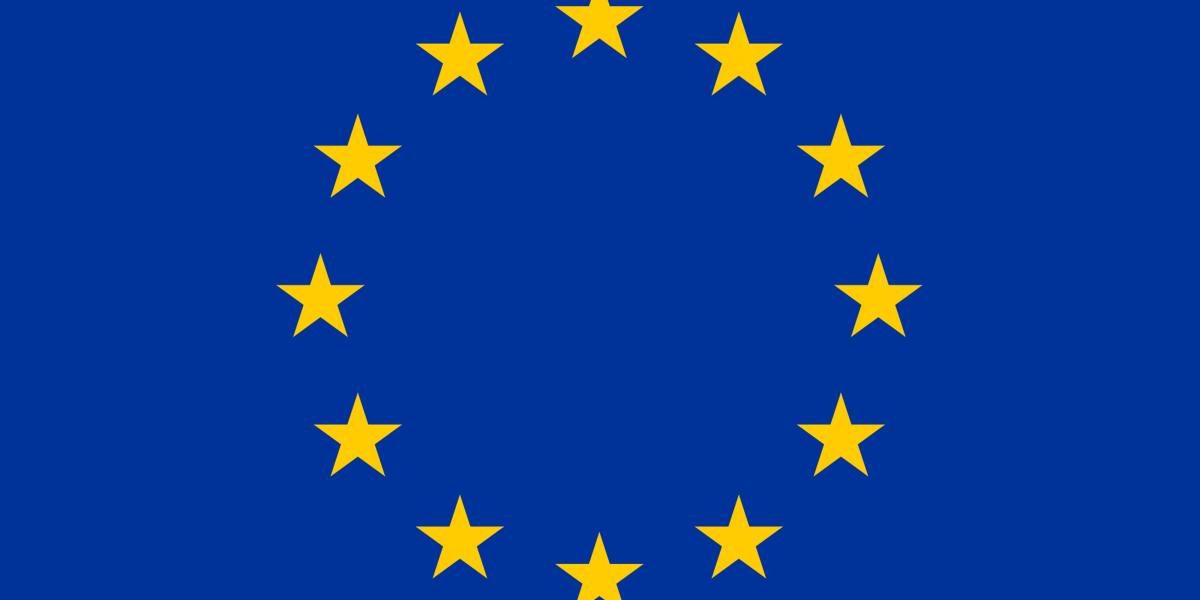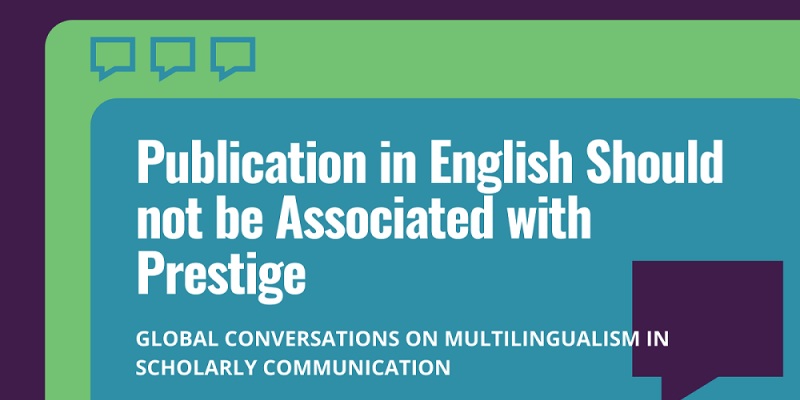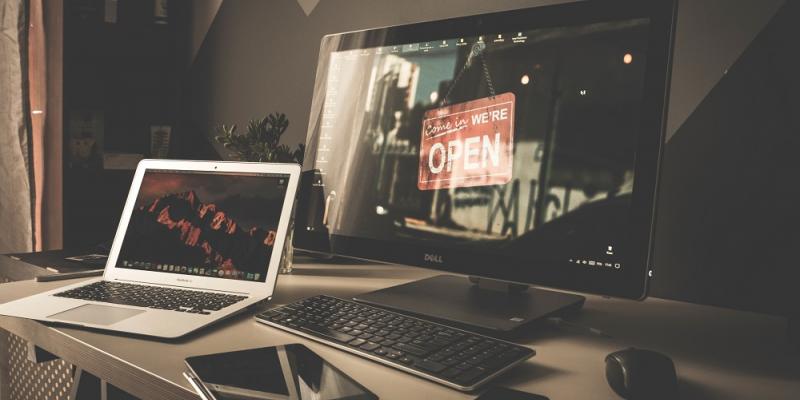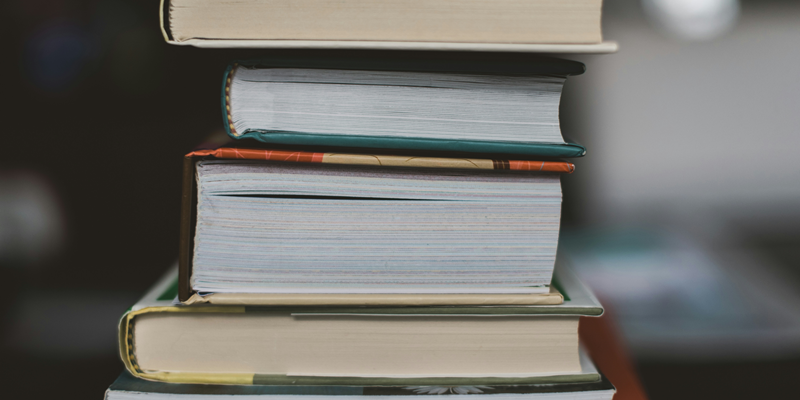
EU member state Open Science coordinators met in Helsinki on 21OCT2019 as part of the Finnish EU presidency.
In the meeting member states shared best practices on open science coordination and thus align open science efforts in Europe. This meeting was by invitation only.
Participants included OSPP and EOSC Executive board members as well as key open science coordinators in member states. The meeting was organised by the Federation of Finnish Learned Societies, National Library of Finland, Laurea University of Applied Sciences; together with LIBER and OSPP and National coordinators in NL Karel Luyben and FR Marin Dacos.
Meeting was held at Laurea University of Applied Sciences in Tikkurila close to Helsinki Airport at Ratatie 22, 01300 Vantaa.
MEETING AGENDA
9.30-10.10
Welcome address
Jouni Koski, Laurea University President
Riitta Maijala, Vice President for Research, Academy of Finland (.ppt, .pdf)
Keynote
Kostas Glinos, Head of Unit for Open Science, European Commission (.ppt, .pdf)
10.10-11.30
Plenary session:
Presentations on Open science coordination practices and benefits at national level:
Marin Dacos, France (.ppt, .pdf)
Patricia Clarke, Ireland (.ppt, .pdf)
Karel Luyben, Netherlands (.ppt, .pdf)
Henriikka Mustajoki, Finland (.ppt, .pdf)
11.30-12.00
Coffee
12.00 - 13.30
Workshops:
Gathering best practices on the workshop and key areas for shared European development.
• Rewards and metrics - led by Rebecca Lawrence
Achieving adoption of Open Science and open knowledge practices within the scholarly ecosystem is highly dependent on the use of appropriate incentives and rewards, and hence the indicators we use to judge success. Some of the most common indicators currently used by much of the existing scholarly system (such as the venue for publications) can actually disincentivise the very practices we are seeking to achieve and promote. It is therefore crucial that we urgently rethink our use of indicators and our rewards systems to incentivise the significant cultural shift required to bring about the true benefits that Open Science can bring.
The workshop began with presentations by Rebecca Lawrence ( .pptx, .pdf), Laura Himanen (.ppt, .pdf) and Ignasi Labastida i Juan (.ppt, .pdf)
Read a more detailed description of the workshop
• Citizen science - led by Maike Weißpflug
Citizen Science – members of the general public participating in research activities - has become an integral part of Open Science in Europe. Yet, there is still limited knowledge and exchange about Citizen Science strategies and policies on national or regional levels. It is the aim of the workshop to gain an overview of Citizen Science policies in the individual member states and to discuss developments in this rapidly growing area.
The workshop began with a presentation by Maike Weißpflug (.pdf)
• Linking countries to EOSC - led by Karel Luyben and Gareth O'Neill
While the European Open Science Cloud (EOSC) is under construction, many organisations and countries ask themselves: How can we link-up? In this workshop we will first give an overview of the state of play in the development of EOSC. One or more examples of preparing to link-up will be presented and next we will discuss issues from the participants with respect becoming a party in the EOSC eco-system.
The workshop report including introductory presentation (EOSCWorkshop.pdf)
13.30 - 14.30
Lunch
14.30-14.45
Supporting policies better through open knowledge and open innovation
Philippe Duponteil, Director of Support Services, Joint Research Centre, European Commission (.ppt, .pdf)
14.45-15.45
Panel discussion
Implementing Open Science: Call for MS collaboration, discussion and alignment
Panel chair: Marc Vanholsbeeck, Ministry of Wallonia-Brussels Federation
Panel members:
YERUN - Eva Méndez
LIBER - Jeannette Frey
OPENAire - Natalia Manola
SPARC Europe - Ignasi Labastida
16.00-17.30
Forming a Network for Open Science Coordination - member state meeting
19.00
Evening reception at the National Library of Finland (Unionkatu 36, 00100 Helsinki)


